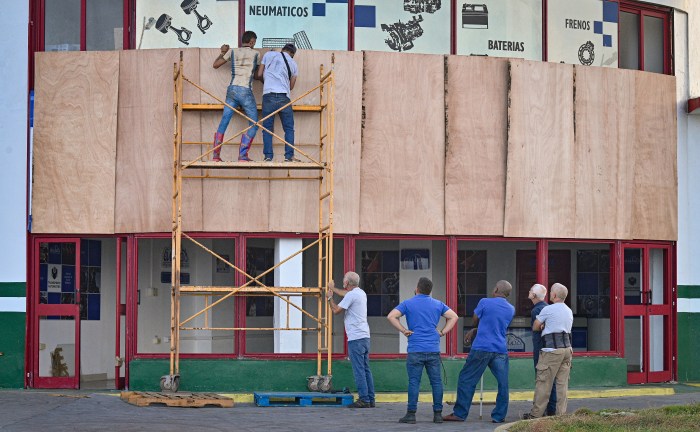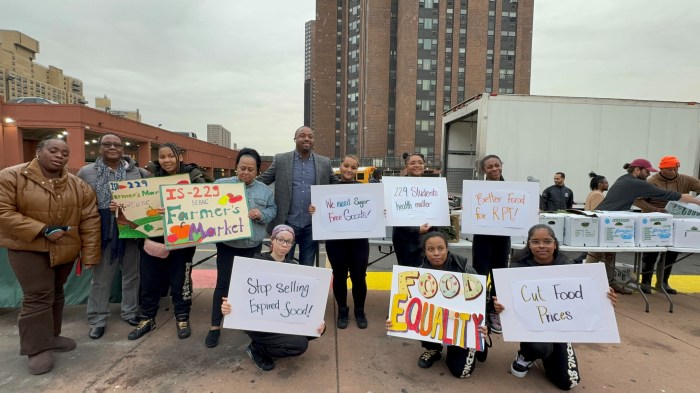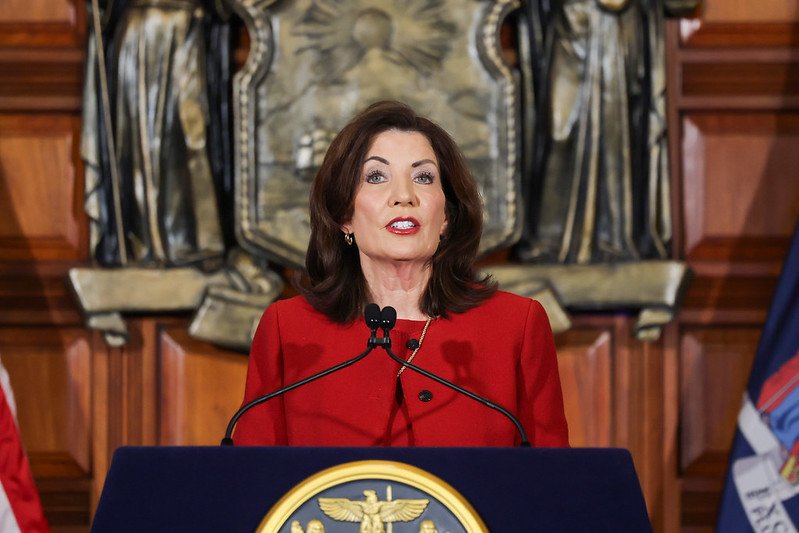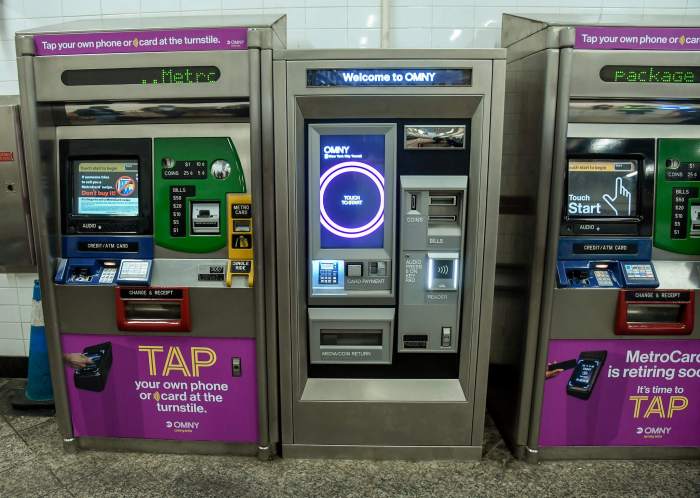Cuba wants greater CARICOM market access but region slow to act.
For more than a decade now, Cuba and the 15-nation Caribbean trade group have been trying to refine a system that would govern trade between the two.
For Cuba, being a single country with a centralized command system makes it easy to determine exactly what it wants from the Caribbean but for a group of 15 separate countries, it is sometimes tougher to have every one agree in timely fashion on precisely what terms and conditions should form part of an agreement with the largest island in the region.
That is exactly the problem now with negotiations for an extended partial scope trading agreement between CARICOM and Cuba.
Officials across the trading group from Suriname to Belize are appearing to now realize that the region might have missed a glorious and golden opportunity to tie and firm up an arrangement with Havana before groups and mega companies from the much more powerful countries or blocs such as the U.S., Europe, Canada as well as others like Spain take advantage of moves by Cuba and the U.S. to normalize relations.
The two are also openly talking about eventually dismantling the economic blockade system that has been in place for over five decades.
Panic stalked the halls of power among Caribbean trade ministers when they learned that New York Governor Andrew Cuomo and a high-powered team of American company executives including reps from Jet Blue Airways, Master Card and medicine maker Pfizer flew to Havana this month for talks with Cuban government officials.
The New Yorkers want to be the first among equals to position themselves to take advantage of any formal and structured opening of trade with America’s neighbor just 90 miles to the southeast when in fact the Cubans have been trying to persuade the Caribbean to do so for years without glaring success.
Various countries have been dilly and dallying about approving requests from Cuban negotiators on small issues like whether to place cigars, beer and wooden furniture on the list of approved and preferred items.
To sweeten the deal during talks last November, Cuba offered to add 300 more items to the list the region can export to Cuban markets duty free or with vastly reduced tax rates in exchange for 85 items including its globally recognized and loved Cohiba Cigars.
The next round of talks is not scheduled until July when the regional team will fly to the eastern Cuban Province of Santiago de Cuba but by then, teams from other American Canadian and European cities might well have returned and put themselves in a better position than the Caribbean. The communiqué from the latest regional trade ministers meeting in Guyana last weekend gave a strong hint of panic in CARICOM with the document noting that “the ministers agreed to review urgently outstanding requests from Cuba for additional preferential access to CARICOM.”
Under the partial scope rather than a full fledged free trade agreement, only the larger states such as Guyana, Suriname, Belize, Jamaica, Trinidad and Barbados will have to participate fully because the smaller Eastern Caribbean countries, as per normal, say they have little to trade and must be protected from being swamped by goods entering duty free from third countries. They would also lose revenues from tax free trade, a development they say they can ill afford with the collapse of the banana export industry and the unstable tourist sector.






















